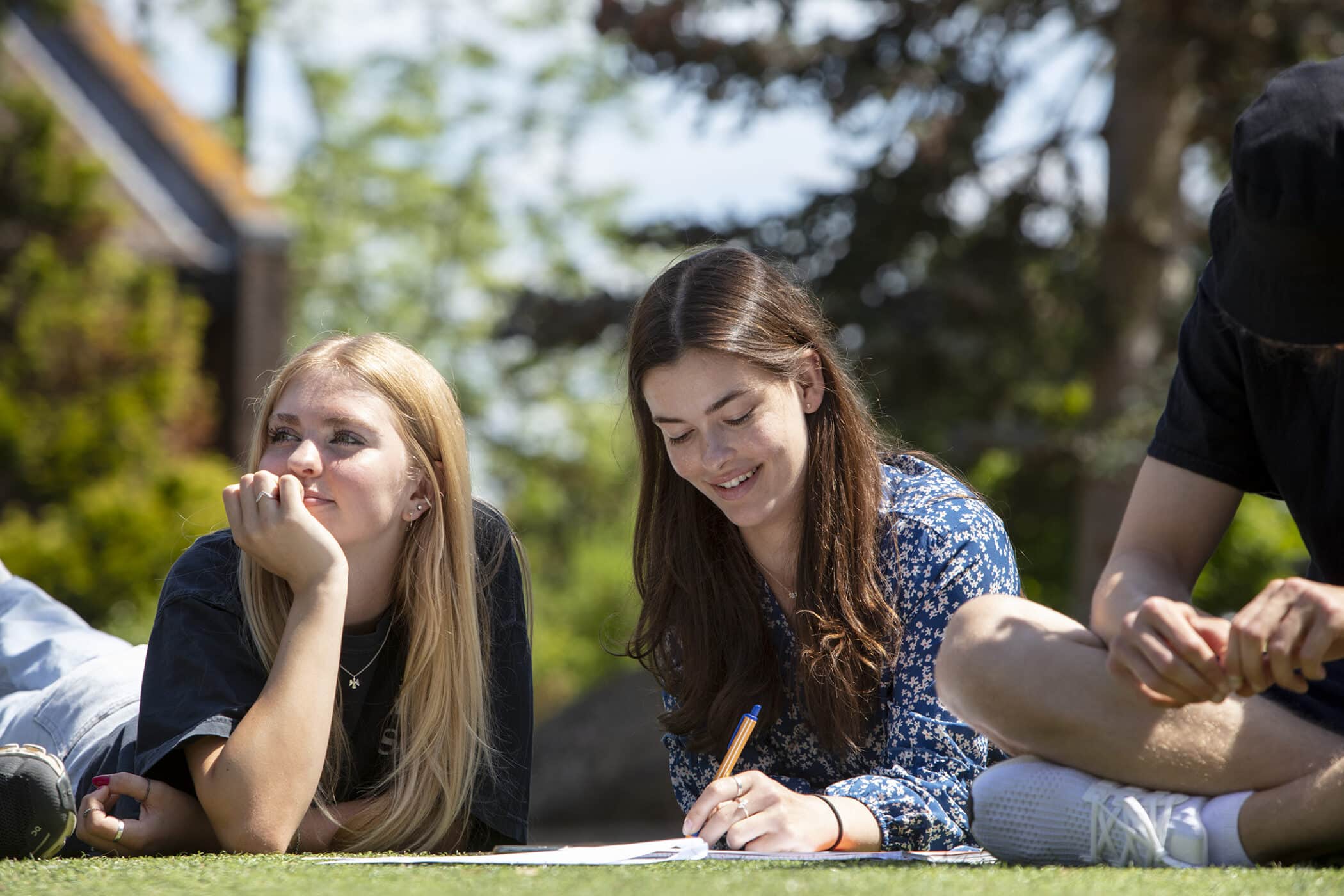01/03/2023
Rather than censoring Dahl, teach children the context behind his words
Rather than censoring literary classics like Roald Dahl’s Charlie and the Chocolate Factory or Ian Fleming’s James Bond, we should teach young minds about the context surrounding the writer’s words and discuss the topic of censorship as part of a broader literary curriculum.
A lot of the controversy surrounding Dahl stems from the fact he wrote for an audience of the past, and his words are no longer politically correct. Shakespeare’s works have faced similar reprieve with critics pointing out the racist and sexist themes in his works – yet they remain a core part of the curriculum.
A well-balanced curriculum, such as that of the International Baccalaureate (IB), should enable students to study both the contemporary authors who are perhaps considered to be more of the time, alongside the classics, which to a modern audience may appear at times tone-deaf, but undoubtedly still serve a purpose when discussed and taught as part of the bigger picture and why times have changed.
Margaret Mead famously said, “We teach children not what to think but how to think” and I believe that applies here. Shouldn’t today’s young readers be given the same opportunity to make up their minds about the words they are reading as the adults who have decided to censor them?
Sanitising these books so they don’t offend creates more questions than answers. For me, it is important for young people to read historical fiction works in their original form for them to truly make sense. That’s not to say we should encourage children to use inappropriate language in essays or conversations but removing it from literature takes away the accuracy of the author’s intentions and removes indispensable historical context.
In my experience, censorship rarely does what it is intended to; it often poses a broader question about where we draw the line because someone will always take offence. For example, in books about the Holocaust or World War II, will we remove facts that help young people to think critically and make connections about events they didn’t live through, simply because it is uncomfortable?
It is counterproductive to censor these works in much the same way it is ridiculous to teach them without referencing the context behind them. Young people should have the freedom to explore these books, think critically about historical context, and decide for themselves which words make them uncomfortable and ask themselves why?
Carolyn Brown, Language Arts, ACS International School Cobham





